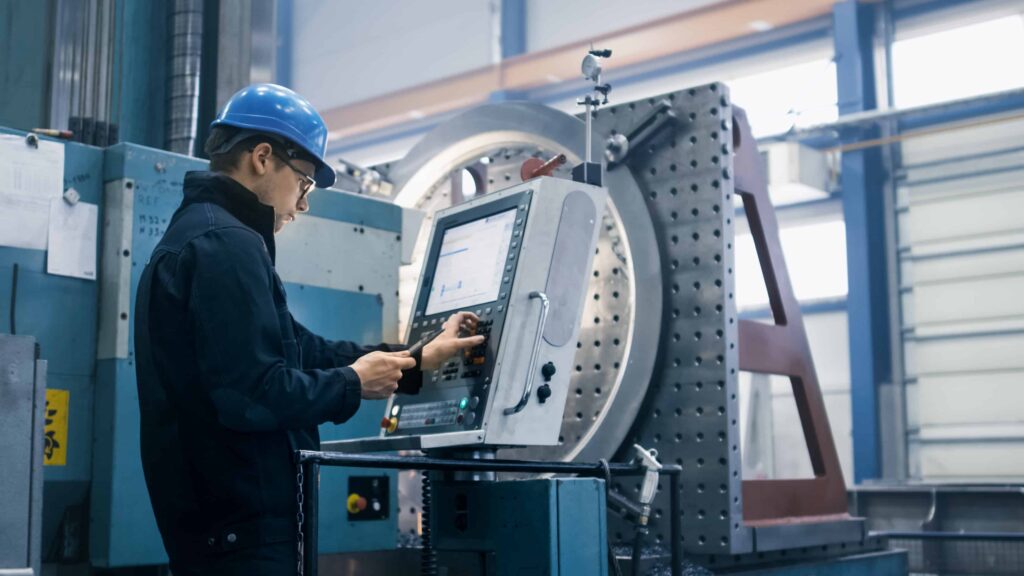Choosing the right CNC metal lathe can significantly impact your production efficiency, machining precision, and overall cost-effectiveness. Whether you’re in the business of precision components, general engineering, or large-scale manufacturing, it’s essential to select a lathe that aligns with your specific requirements. This guide will walk you through the key factors to consider before making your investment.

1. Define the Type of Material You Will Be Machining
The hardness and machinability of your workpiece materials play a major role in selecting a lathe:
- Soft metals like aluminum and brass can be handled by most standard CNC lathes.
- Harder materials like stainless steel, carbon steel, or titanium require machines with higher spindle torque and rigid bed construction.
Tip: Match the spindle motor power and rigidity to your most demanding material to ensure long-term stability.
2. Consider the Size and Complexity of Your Parts
Key parameters include:
- Maximum turning diameter
- Maximum turning length
- Chuck size
- Number of tool stations
If you’re machining long shafts or large-diameter parts, you’ll need a lathe with an extended bed and powerful drive system. For small, intricate parts, high-speed compact lathes may be ideal.
3. Determine Production Volume and Automation Needs
- For mass production, choose CNC lathes equipped with automation options: bar feeders, automatic tool changers, chip conveyors, etc.
- For small batch or custom machining, look for machines with easy setup, fast programming, and versatile tooling systems.
Advanced users may consider machines with:
- Live tooling (C-axis)
- Y-axis milling capabilities
- Multi-spindle or twin-turret configurations
4. Choose a Compatible Control System
CNC control systems determine user experience, programming ease, and integration with CAD/CAM software.
- FANUC – Highly stable, widely used worldwide
- Siemens – Ideal for advanced users with complex programming needs
- GSK/KND – Cost-effective solutions, commonly used in China and Asia
Ensure your operators are trained on the system you choose, or that local support is available.
5. Evaluate the Total Cost of Ownership (TCO)
Price matters—but reliability matters more. Look beyond the initial cost:
- Machine durability and component quality
- Energy efficiency
- Maintenance costs
- Downtime risk
A reliable machine pays off quickly in reduced scrap rates and improved productivity.
6. Why Choose Our CNC Metal Lathes?
We offer CNC lathes that cater to diverse manufacturing needs:
- High-rigidity cast iron beds
- Precision-ground spindles
- Intuitive user interfaces
- CE-certified safety features
- Support for FANUC, Siemens, or GSK controllers
Our machines are trusted in the automotive, aerospace, hardware, and metalworking sectors. We also provide customization options and full technical support for your peace of mind.
Ready to Find the Right Machine?
Let our engineers help you select the perfect CNC metal lathe for your application.
Contact us now for a tailored quotation and free consultation.

